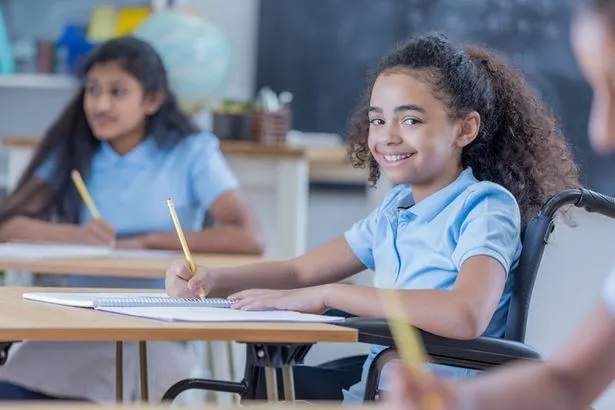Transcription Behaviors and attitudes that we should not allow
Autonomous feeding is an important part of a child's independence.
When children learn to feed themselves, they can develop important skills such as hand-eye coordination, fine motor skills and self-confidence. In addition, they can also learn healthy eating habits and develop a positive relationship with food. However, it is important to note that not all behaviors and attitudes related to autonomous eating are desirable.
Some of these behaviors may be detrimental to a child's health or may hinder the development of positive skills. Therefore, it is important for parents and caregivers to know what these behaviors and attitudes are, so that they can avoid them or correct them if necessary.
Eating with dirty hands
Many times children come to dinner with dirty hands with dirt or paint on them as a result of their playtime. As adults, in order to take care of our children's health, we should not allow them to sit at the table with dirty hands. If we practically allow such behavior, we run the risk of dirtying the utensils, the tablecloth, the food and everything they have access to. We must educate our children that at the moment of ingesting food it is best to be clean and refreshed to receive the food.
Talking with a full mouth
Talking at the table during the meal is usually one of the factors of distraction for our children and with the conversation we help the knowledge and learning of what they are ingesting. Talking with the mouth full is a gesture of bad manners and affects the order of the moment. When children talk while chewing food they can have an accident of obstruction in the respiratory tract and we can have a frightening time. It is necessary to make young people understand the importance of eating with their mouths closed to avoid expelling food remains to the outside, this being a lack of education with food and with those present at the table.
Playing with food.
Many children like to play with food and make towers, shapes and drawings with it, but this is not appropriate at the table and can be an obstacle to promote independence in feeding. Also, playing with food can cause children to focus more on playing than eating. Dinner can be a fun time for children but entertaining themselves during the process is important to ensure proper digestion of food.
Overeating
Children may have a tendency to overeat, especially if they are allowed to eat alone without supervision. Overeating can be detrimental to a child's health and can contribute to weight gain and other health problems such as gallbladder disease or high cholesterol. Therefore, it is important to set limits on the amount of food and nutrients children are allowed to eat at each meal.
attitudes we must not permit




